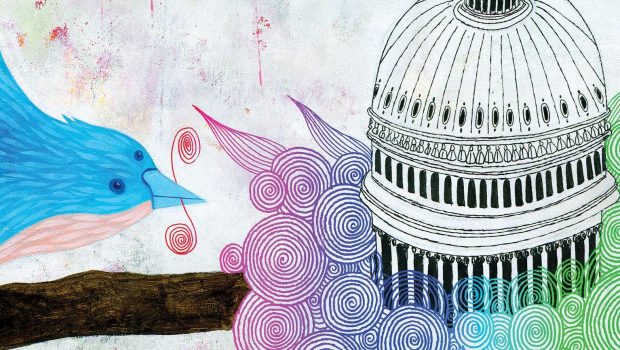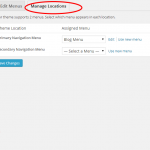Nellie Mayshak, Others Comment: Digitized Public Sector Efficient, But Not Without Risks
Digital technology is considered a critical enabler of public sector reform – or the drive to bring about changes in the structures and processes in governments and their agencies, so that they run more efficiently and cost effectively.
But the rise of a tech-driven public sector, characterized as smart cities and e-bureaucracies, also raises questions about the same security and privacy risks that the private sector is grappling with. It’s made the need to achieve a balance between the benefits and risks an issue on experts’ minds. Everyone’s looking for solutions.
Around the world, technology is making a real difference in how effectively governments provide services and meet the needs of their citizens. Zahid Hasnain, a Senior Public Sector Specialist at the World Bank, points out that e-government can increase state fiscal capacity, reduce leakage in spending and improve transparency.
In a blog post for the World Bank, he cites three examples:
- India introduced biometric registration, verification, and payments systems for its National Rural Employment Guarantee Scheme (the world’s largest workfare program). The move reduced diversion of funds by 35 percent.
- India and Indonesia adopted systems for electronically tendering contracts. Both experienced improved procurement competitiveness – and improved quality of their roads.
- Electronic tax filing and payment reduced tax compliance costs (measured by the time it takes to prepare and pay taxes) by an average of 16 percent in a large sample of countries.
On the other side of the equation are the risks. One, observes Nellie Mayshak, a public administration reform expert, is in what we are creating – one where data and data collecting systems and a reliance on data analytics rule.
At its worse, Mayshak says that some fear it will “give rise to technocratic governance instead of a benign democracy. In the hands of the wrong people, the transportation monitoring tools of the smart city, for example, could turn into the citizen surveillance tools of an oppressive regime.”
Nellie Mayshak, who heads Canaf Consulting Associates in Canada, has used technology as an important underpinning for major public administration reform projects from Africa to Eastern Europe. She recently completed a two-and-a-half year project to overhaul the independent pension agency for Nigeria’s public service employees. In modernizing this historically fraudulent system, she used technological systems to, among other things, enable secure electronic payments to pensioners, while saving the nation’s treasury billions.
It’s here-and-now issues as security and privacy that most experts worry about when it comes to digitizing the public sector. Today, global mobile phone usage has grown to 4.7 billion. Logically, that means smart phones and smartphone apps become the way to run city services and for citizens to connect to them. But Rob Kitchen, a professor and smart city specialist with Maynooth University in Ireland, warns that care must be taken.
In his 2016 report, “Getting Smarter about Smart Cities”, he points out the unique identifiers in each smartphone that can be captured externally to track the phone and, ultimately, its owner. The IDs are pseudonyms, but still serve as clear personal markers and contain a wealth of personal information, such as email and social media accounts and credit card details.
One solution to such identity management issues could lie with blockchain technology. Blockchains link and secure records using cryptography, a design approach that makes data more resistant to modification.
Nellie Mayshak points out that one issue with “smart” government is the overlapping or conflicting identity information. Blockchain, or “distributed ledger” technology, would ensure one set of data was shared among agencies. With all of a person’s identity details collected in a smartphone app profile, information will be more secure, and access via a single device to multiple government services will be facilitated.

















